| Jason S. Frydman is Assistant Professor of Psychology at Lesley University. He is a nationally certified school psychologist, registered drama therapist, and has extensive clinical experience working with middle-level and high school students over the past 13 years. His research focuses on trauma-informed programming for K-12 students and the implementation and utilization of the creative arts therapies in the school setting. Brooke Eisenbach is Associate Professor of Middle and Secondary Education at Lesley University. She is a former middle level English and YA Literature teacher and virtual school teacher with over ten years of experience. She has received several teaching awards including the National Council of Teachers of English (NCTE) Outstanding Middle Level Educator Award |
What may be further compounding these contributing factors to mental health challenges are the associations with common stigmas of mental illness that have the potential to leave affected youth internalizing shame in seeking out support (O’Driscoll et al., 2012). Adolescents and their teachers may unknowingly accept and internalize stigmas surrounding mental illness. An unintended consequence of this is that the topic of mental illness/mental health becomes taboo for classroom discussions, reading and activity.
Young adult (YA) literature has the potential to serve as an entryway into enriching the social and emotional development of our adolescent learners while encouraging normalization of mental illness and mental health support. Our recently published book, Fostering mental health literacy through adolescent literature, centers contemporary YA literature in the middle and high school classroom as a starting point for engaging readers in the complex work of normalizing issues surrounding mental health.
In order to help our students in this way, we need to first engage them in meaningful instruction of mental health literacy. Mental health literacy refers to one’s knowledge of mental disorders and how those thoughts are used to promote awareness, understand appropriate symptom management, and recognize supportive and preventative actions (Jorm, 2000). Using YA literature to introduce and engage readers in mental health literacy have been positioned as having positive effects for students struggling themselves and those who may encounter mental illness indirectly, such as through a relative or friend (Aziz et al., 2019; Hall, 2020). The effective use of identified books can teach adolescents how to recognize, cope with, and seek help for their mental health challenges; skills that will enable them to succeed beyond the classroom walls (Moore & Begoray, 2017; Richmond, 2014, 2019).
Research has shown that stigma about mental illness can be mitigated through targeted education that challenges harmful stereotypes, personal contact with people with mental illness, and social activism (Maumbauer et al., 2018). Young adult literature is a terrific tool to address all these targets; alongside providing direct information on mental health and offering invitations to engage in social activism, we can use YA literature to introduce and humanize characters with mental illness or mental health needs in an effort to forge empathy, understanding, advocacy, and ally-ship in our classrooms.
A Sky for Us Alone by Kristen Russell (2019); Issues of rural life and rurality
The Boy in the Black Suit by Jason Reynolds (2015); Grief and Loss
Good Enough by Jen Petro-Roy (2019); Eating disorders
I am Not Your Perfect Mexican Daughter by Erika L. Sanchez (2017); Transgenerational transmission of trauma
Hey, Kiddo by Jarrett Krosoczka (2018); Substance use
When Reason Breaks by Cindy L. Rodriguez (2015); Depression and suicide
Heroine by Mindy McGinnis (2019); Opioid use and abuse
OCDaniel by Wesley King (2016); Obsessive-compulsive disorder (OCD)
Scars by Cheryl Rainfield (2010); Posttraumatic Stress Disorder (PTSD), self-harm, sexual abuse
Saving Red by Sonya Sones (2016); PTSD, schizoaffective disorder, anxiety
Wintergirls by Laurie Halse Anderson (2009); Symptoms of eating disorders
The Unlikely Hero of Room 13B by Teresa Toten (2013); OCD, hoarding
The Memory of Light by Francisco X. Stork (2017); Depression, suicidal ideation, bipolar disorder, schizophrenia
Aziz, J., Wilder, P., & Mora, R. A. (2019). YAL as a tool for healing and critical consciousness. ALAN Review, 46(2), 71-78.
Hall, M. (2020). Bibliotherapy and OCD: The case of Turtles all the way down by John Green (2017). New Horizons in English Studies, 5(1), 74-87. http://dx.doi.org/10.17951/nh.2020.5.74-87
Jones, E. A., Mitra, A. K., & Bhuiyan, A. R. (2021). Impact of COVID-19 on mental health in adolescents: a systematic review. International journal of environmental research and public health, 18(5), 2470. http://doi.org/10.3390/ijerph18052470
Jorm, A. F. (2000). Mental health literacy: Public knowledge and beliefs about mental disorders. The British Journal of Psychiatry, 177(5), 396-401.
Kaltiala-Heino, R., Rimpelä, M., Rantanen, P., & Rimpelä, A. (2000). Bullying at school—an indicator of adolescents at risk for mental disorders. Journal of adolescence, 23(6), 661-674. https://doi.org/10.1006/jado.2000.0351
Merikangas, K. R., He, J. P., Burstein, M., Swanson, S. A., Avenevoli, S., Cui, L., ... & Swendsen, J. (2010). Lifetime prevalence of mental disorders in US adolescents: results from the National Comorbidity Survey Replication–Adolescent Supplement (NCS-A). Journal of the American Academy of Child & Adolescent Psychiatry, 49(10), 980-989. http://doi.org/10.1016/j.jaac.2010.05.017
Moore, A., & Begoray, D. (2017). “The Last Block of Ice”: Trauma literature in the high school classroom. Journal of Adolescent & Adult Literacy, 61(2), 173-181. https://doi.org/10.1002/jaal.674
National Alliance on Mental Illness. (2021). Mental health by the numbers. https://www.nami.org/mhstats
O’Driscoll, C., Heary, C., Hennessy, E., & McKeague, L. (2012). Explicit and implicit stigma towards peers with mental health problems in childhood and adolescence. Journal of Child Psychology and Psychiatry, 53(10), 1054-1062. https://doi.org/10.1111/j.1469-7610.2012.02580.x
Richmond, K. J. (2014). Using literature to confront the stigma of mental illness, teach empathy, and break stereotypes. Language Arts Journal of Michigan, 30(1), 6. https://doi.org/10.9707/2168-149X.2038
Richmond, K. J. (2019). Mental illness in young adult literature: Exploring real struggles through fictional characters. ABC-CLIO: Libraries Unlimited.
U.S. Department of Health and Human Services, National Institute of Mental Health. (2021). Mental illness. Retrieved from https://www.nimh.nih.gov/health/statistics/mental-illness.shtml


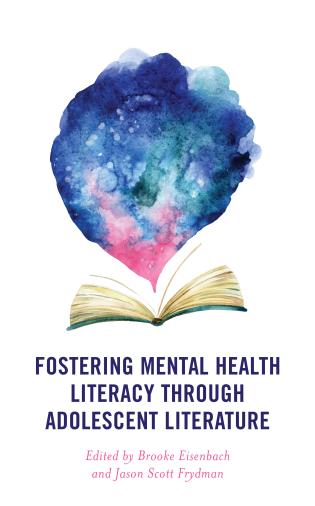
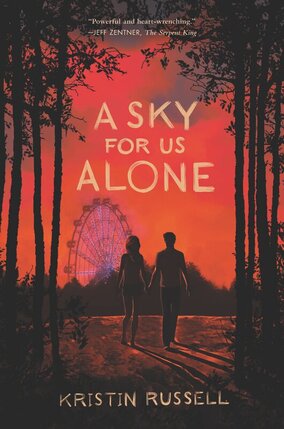

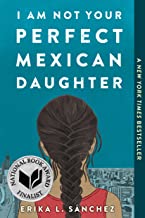
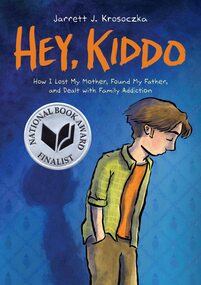
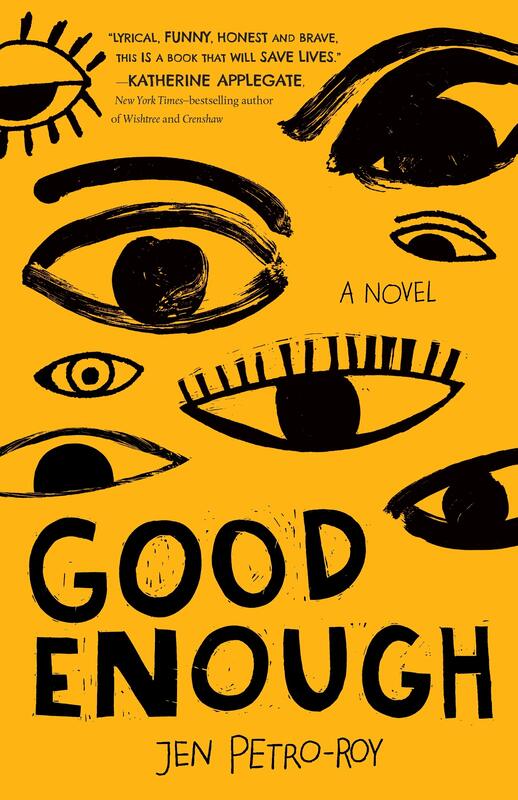

 RSS Feed
RSS Feed